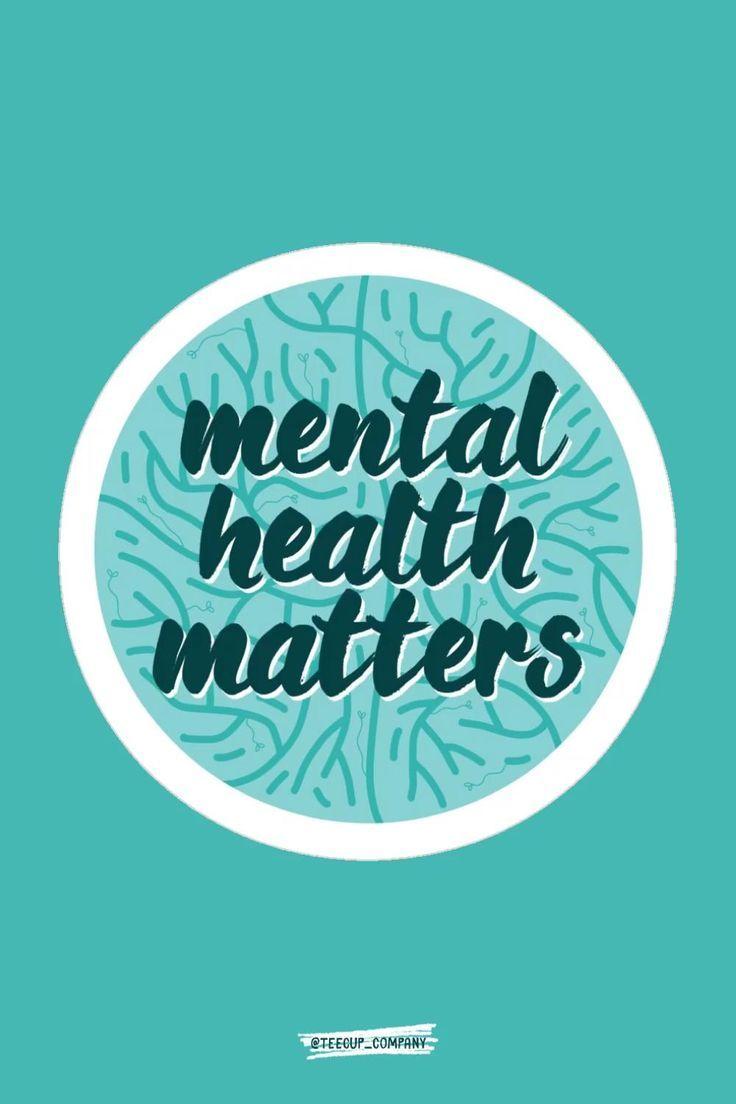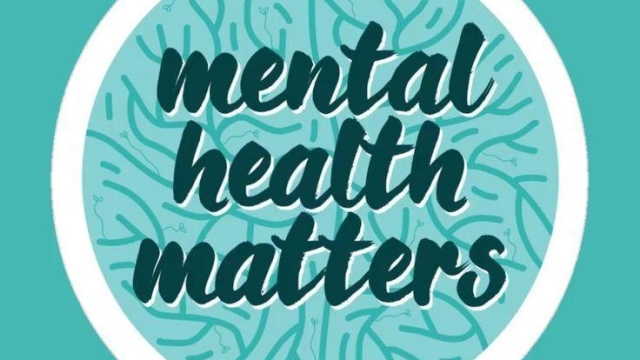
In a world where the weight of our struggles can sometimes feel insurmountable, the journey through counseling and therapy offers a beacon of hope. It is a path illuminated by self-discovery, healing, and transformation, guiding individuals towards a brighter, more resilient future. At the crossroads of counseling and therapy lies a profound opportunity to address the shadows of depression and the clutches of addiction with unwavering support and professional guidance. Through these essential pillars of mental health care, individuals can navigate the complexities of their inner worlds, unraveling the layers of pain and uncertainty that may have once held them captive.
The Role of Counseling in Overcoming Depression
Counseling plays a crucial role in helping individuals navigate the challenges of depression. Through one-on-one sessions with a trained therapist, individuals can explore their emotions, thoughts, and behaviors in a safe and supportive environment.
Therapists use various techniques, such as cognitive-behavioral therapy, to help individuals identify negative thought patterns and develop coping strategies. By delving into the root causes of depression, individuals can gain a better understanding of their feelings and experiences, paving the way for healing and recovery.
In counseling, individuals also receive validation and empathy, which can be instrumental in breaking free from the grip of depression. The therapeutic relationship formed between the individual and the therapist fosters a sense of trust and connection, providing a solid foundation for exploring and addressing the underlying issues contributing to the depression.
Therapeutic Approaches to Battling Addiction
In the realm of addiction treatment, therapy plays a crucial role in facilitating recovery. Therapists often utilize various evidence-based approaches to address addiction, such as cognitive-behavioral therapy (CBT). Through CBT, individuals can identify and modify negative thought patterns and behaviors that contribute to their addictive tendencies. This approach helps clients develop healthier coping mechanisms and enhance their self-regulation skills.
Motivational interviewing is another effective therapeutic approach for addressing addiction. This client-centered technique is designed to help individuals explore and resolve their ambivalence towards change. By fostering intrinsic motivation and self-efficacy, motivational interviewing empowers clients to make positive decisions and commit to their recovery journey. Therapists using this approach skillfully guide clients towards setting attainable goals and navigating the challenges of overcoming addiction.
When it comes to addiction recovery, group therapy can be a valuable component of the treatment process. Group therapy provides individuals with a supportive environment to share experiences, gain insights, and build connections with others facing similar struggles. The sense of camaraderie and understanding in group therapy sessions can foster a sense of belonging and reduce feelings of isolation often associated with addiction. Through group therapy, individuals can develop interpersonal skills, receive feedback, and cultivate a sense of community that strengthens their resolve in battling addiction.
Steps Towards Recovery
Sehleby
When embarking on the journey towards recovery, counseling and therapy provide a solid foundation for addressing underlying issues. By delving into the root causes of depression and addiction, individuals can gain valuable insights and develop coping strategies to navigate the challenges they face.
Therapy sessions offer a safe space for exploring emotions and thoughts, fostering self-awareness and promoting mental well-being. Through this process, individuals can learn to identify triggers, modify negative behavior patterns, and cultivate healthier ways of relating to themselves and others.
As recovery progresses, a supportive network of friends, family, and professionals plays a crucial role. Building a strong support system can help individuals stay motivated, accountable, and connected during their healing journey. By integrating counseling, therapy, and a robust support network, individuals can take meaningful steps towards reclaiming their lives from the chains of depression and addiction.



